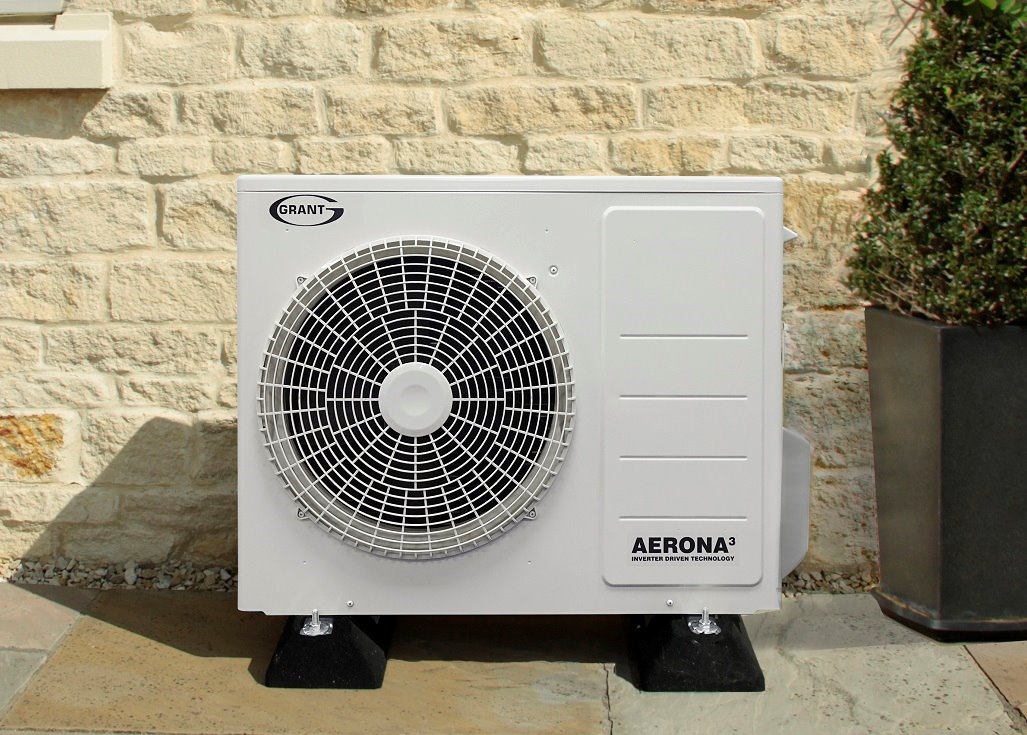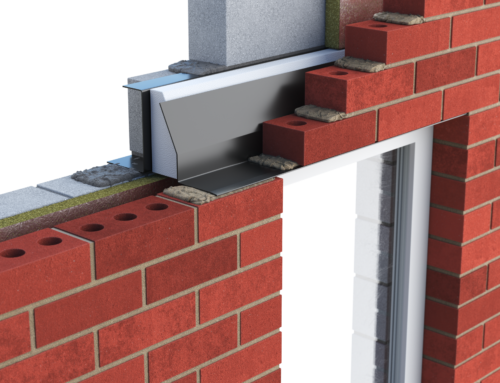In a significant move towards a greener and more sustainable future, the UK government has announced a substantial increase in funding for the Boiler Upgrade Scheme, set to take effect from October 23, 2023. This welcome development will see the grant levels for air source heat pumps and ground source heat pumps rise from £5,000 and £6,000, respectively, to a generous £7,500. Let’s delve into why this increase is a game-changer for homeowners and the environment.
A Win-Win for Homeowners
The increased funding for the Boiler Upgrade Scheme is excellent news for homeowners seeking to make their homes more energy-efficient and reduce their carbon footprint. By opting for air source heat pumps or ground source heat pumps, homeowners can enjoy numerous benefits. These modern heating systems are highly energy-efficient, meaning lower energy bills and reduced reliance on fossil fuels. Moreover, they produce significantly fewer greenhouse gas emissions, making them a crucial part of the fight against climate change.
With the higher grant levels, homeowners will find it more affordable to invest in these eco-friendly heating solutions. The increased funding not only covers a substantial portion of the installation costs but also encourages more people to make the switch to renewable energy sources. This is a step in the right direction towards achieving the UK’s ambitious carbon reduction targets.
Environmental Benefits
The transition to air source and ground source heat pumps is not just about saving money; it’s also about saving the planet. The environmental benefits of these technologies are substantial. Air source and ground source heat pumps extract heat from the air or the ground, respectively, and use it to heat homes and water. This process is much more energy-efficient than traditional gas or oil boilers, which burn fossil fuels and release harmful emissions into the atmosphere.
By choosing heat pumps, homeowners can significantly reduce their carbon footprint and help combat climate change. The increased funding for the Boiler Upgrade Scheme is a clear signal that the government is committed to promoting sustainable heating solutions and transitioning away from polluting energy sources.
Job Creation and Economic Growth
The increased funding for the Boiler Upgrade Scheme also has positive implications for the economy. As more homeowners take advantage of the higher grants to install heat pumps, it will create a surge in demand for renewable energy technology. This, in turn, will stimulate growth in the renewable energy sector, creating jobs and driving economic development.
Conclusion
The decision to increase funding for the Boiler Upgrade Scheme and specifically raise the grant levels for air source heat pumps and ground source heat pumps is a significant step forward in the UK’s transition to a greener, more sustainable future. It empowers homeowners to make environmentally responsible choices, reduces carbon emissions, and supports economic growth.
Come October 23, 2023, homeowners across the country will have an even more compelling reason to make the switch to energy-efficient and eco-friendly heating systems. The increased funding is a testament to the government’s commitment to addressing climate change and fostering a cleaner, more sustainable future for all.
Next Steps
If you’re eager to learn more about the Boiler Upgrade Scheme, its eligibility criteria, and how to apply for the increased grants, be sure to visit the official government website or get in touch with your local MCS registered installer.
When it comes to adopting green technologies, Tippers is your go-to source for expert guidance and support. We recognize the significance of eco-friendly solutions in today’s world, and our team is dedicated to assisting you in making informed choices. Whether you’re interested in the Boiler Upgrade Scheme, air source heat pumps, or any other sustainable technology, our experts can offer valuable insights and recommendations tailored to your specific requirements. Contact your local branch by clicking here.





